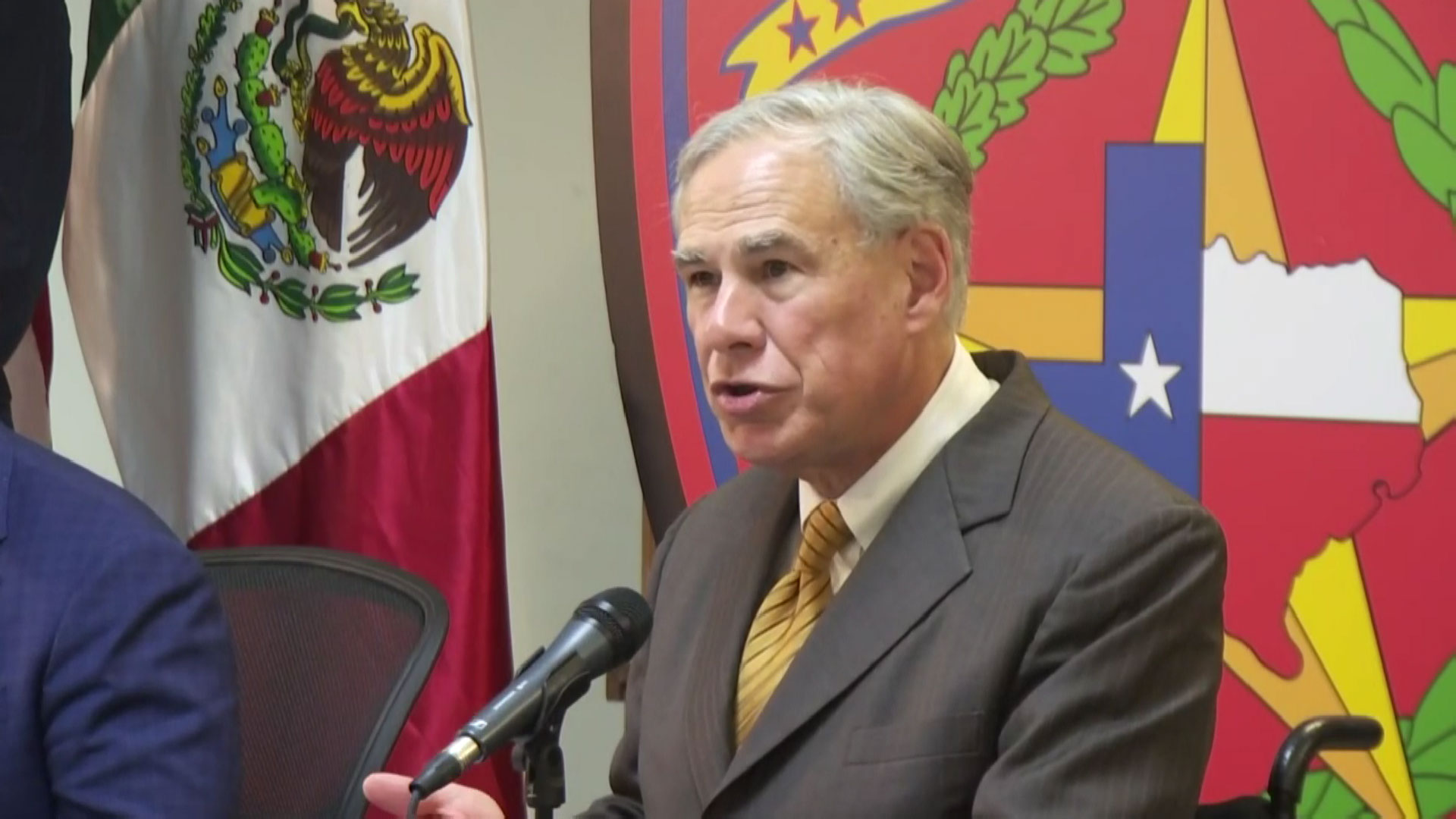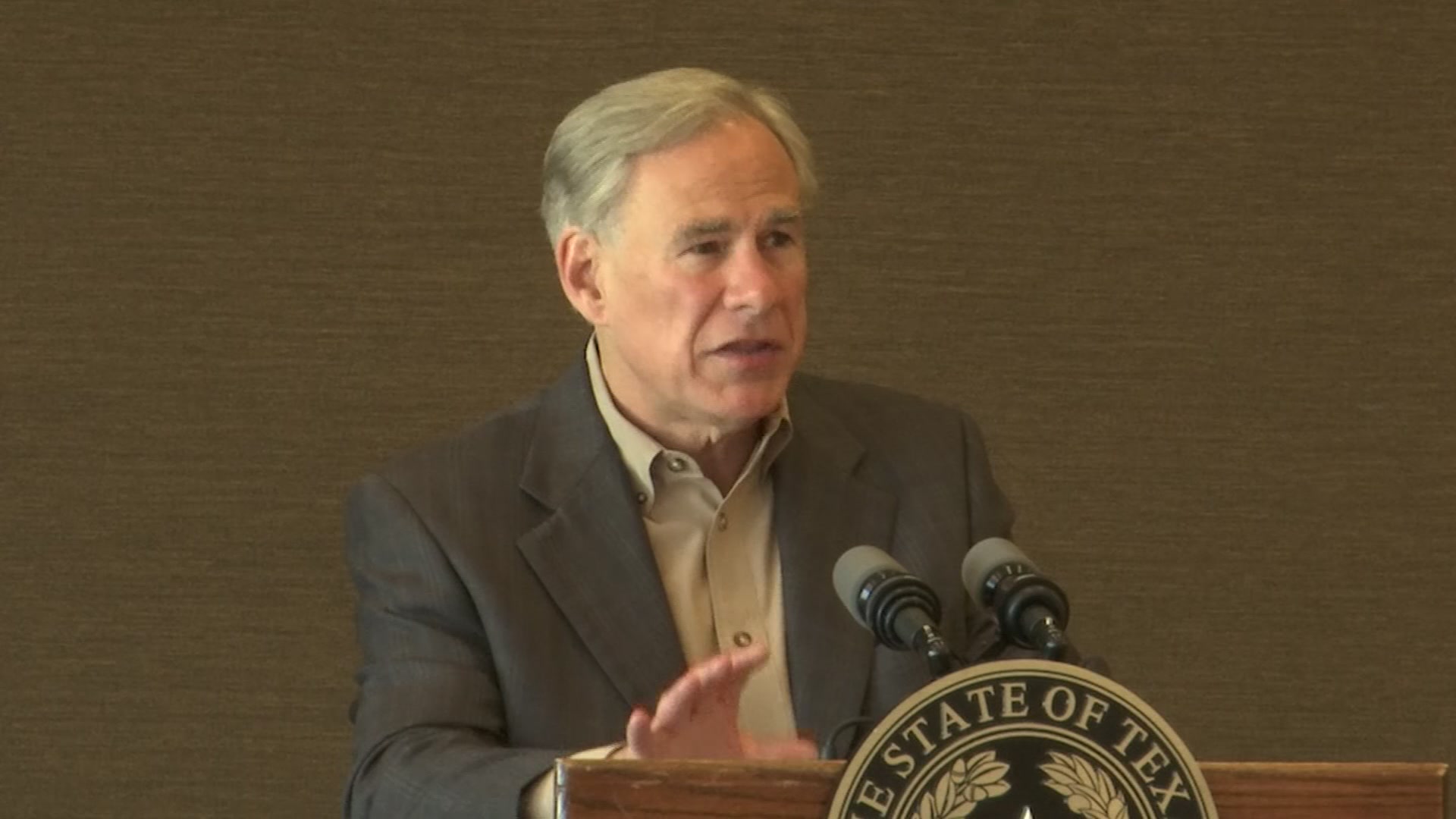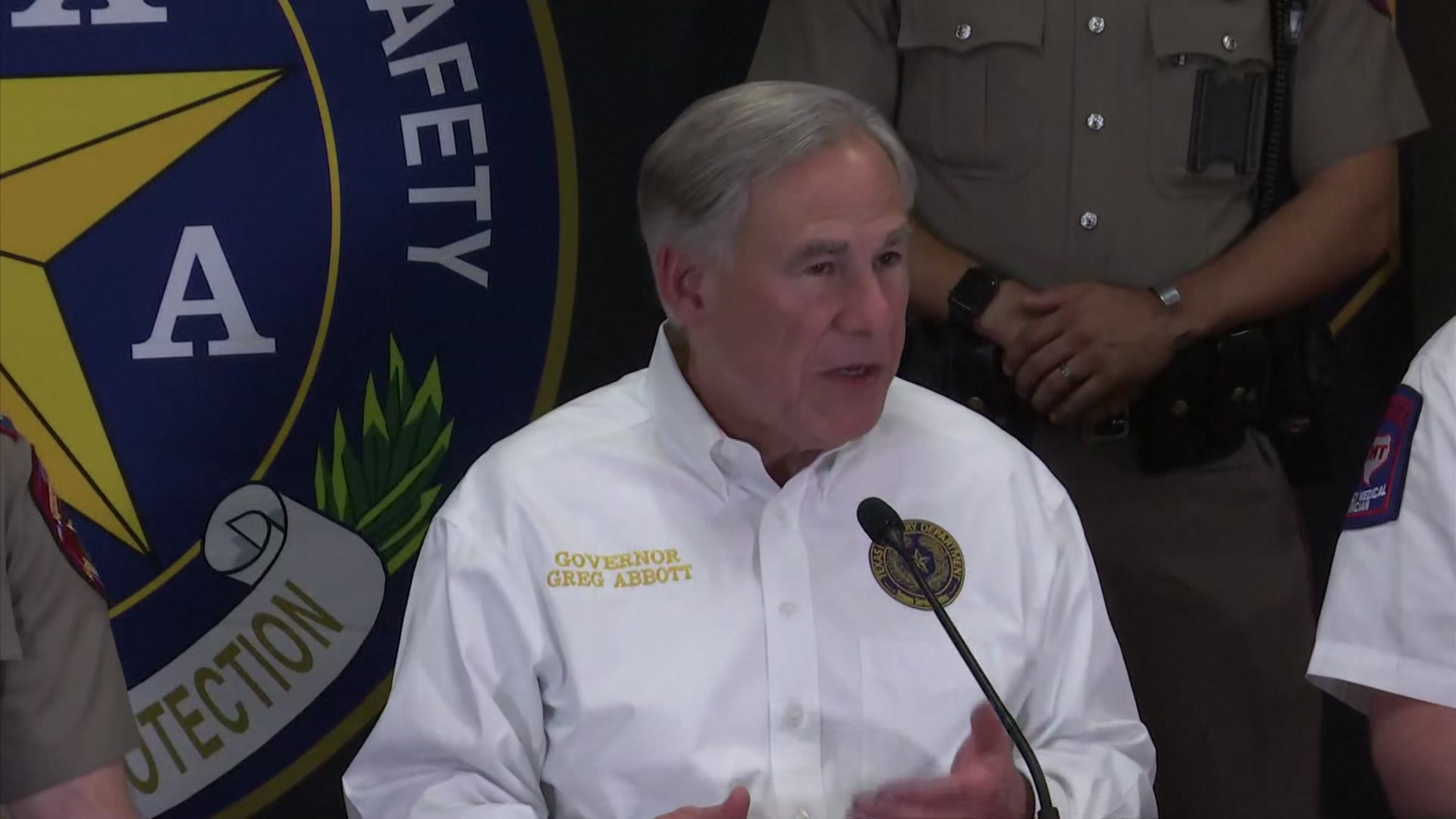The second group of undocumented migrants who volunteered to take a charter from the Texas border to Washington D.C. on a bus provided by Texas Gov. Greg Abbott arrived in the nation's capital Thursday morning.
The first group arrived the day before. Abbott's office confirmed the arrival of the first group saying the busing strategy is part of his "response to the Biden Administration's decision to end Title 42 expulsions" next month.
"As the federal government continues to turn a blind eye to the border crisis, the State of Texas will remain steadfast in our efforts to fill in the gaps and keep Texans safe," said Abbott in a prepared statement. "By busing migrants to Washington, D.C., the Biden Administration will be able to more immediately meet the needs of the people they are allowing to cross our border. Texas should not have to bear the burden of the Biden Administration's failure to secure our border."
Get top local stories in DFW delivered to you every morning. >Sign up for NBC DFW's News Headlines newsletter.
The statement from the governor's office said migrants on the first bus were from Colombia, Cuba, Venezuela, and Nicaragua and were dropped off between Union Station and the United States Capitol.
Last week the governor announced the first of a series of border security enhancements including directing the Texas Division of Emergency Management to transport migrants on charter buses from Texas to Washington D.C.
"Biden refuses to come see the mess he's made at the border. So Texas is bringing the border to him," Abbott tweeted Wednesday.
Abbott's office said the second bus of migrants is, as of this writing, also on its way to the nation's capital.
Officials cannot force anyone onto the buses and can only take those who volunteer to make the trip to the nation's capital and who have received paperwork from the federal government.
Another of Abbott's border initiatives, to require the Texas Department of Public Safety to perform an enhanced security check on every commercial vehicle entering the state, was swiftly met with calls that it be discontinued after causing devastating delays at the border.
Greg Abbott
The delays caused by security sweeps, according to the White House, had a negative effect on the supply chain and the cost of goods.
Frustration over the policy grew within members of Abbott’s own party: Texas Agriculture Commissioner Sid Miller called on the governor to cease his commercial truck inspection project, calling it a "catastrophic policy which has now led to Mexican truckers blockading the border" and forced some trucks to reroute hundreds of miles to Arizona.
“You cannot solve a border crisis by creating another crisis at the border. These Level 1 inspections serve as a ‘clog in the drain’ and divert commerce and jobs to more western ports of entry," Miller said in a statement. "This is not solving the border problem, it is increasing the cost of food and adding to supply chain shortages. Such a misguided program is going to quickly lead to $2.00 lemons, $5.00 avocados and worse."
Not even a week into the inspections, the Mexican government said Tuesday that Abbott’s order was causing “serious damage” to trade and that cross-border traffic had plummeted to a third of normal levels.
Abbott, on Wednesday afternoon, admitted to causing the delays and announced he was immediately suspending the directive at one crossing in Nuevo León. Abbott said the change was made possible through an agreement with the Mexican state's governor, Samuel Alejandro García Sepúlveda, who said he would create checkpoints on the Mexican side of the border to curtail trafficking.
Abbott said the DPS will continue mandatory inspections of all commercial vehicle traffic entering the state at other crossings until he has similar assurances of security from the governors of those Mexican states.
The border between Texas and Nuevo León is about 12 miles long and has one crossing at the Laredo-Colombia Solidarity International Bridge. The most dramatic backups of commercial trucks along Texas' 1,200-mile border have occurred at other bridges that do not share a border with Nuevo León.




